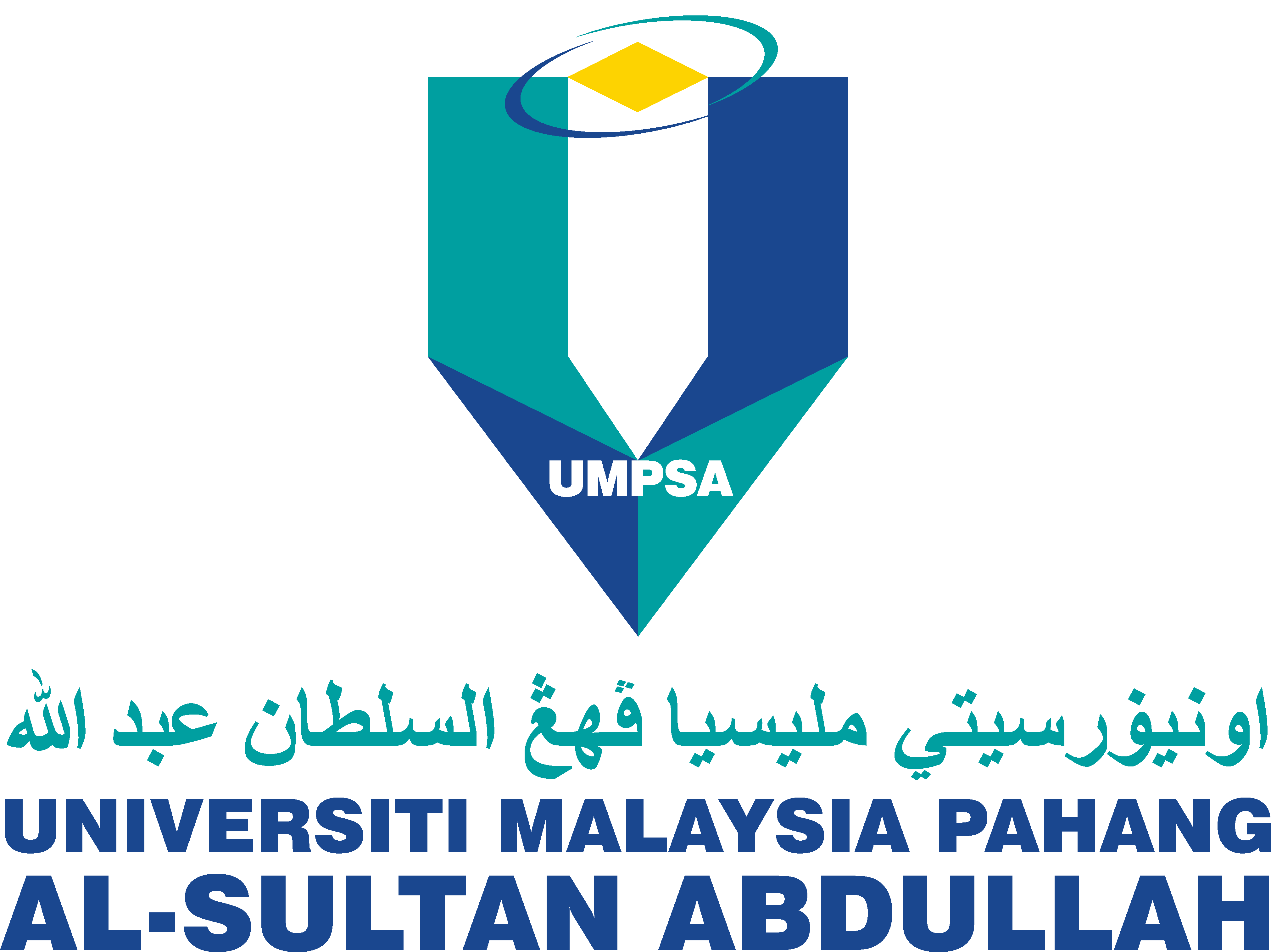DEVELOPING AND LEADING FOR INDUSTRY-EDUCATION INTEGRATION SERVICE IN VOCATIONAL AND TECHNICAL COLLEGES
DOI:
https://doi.org/10.15282/ijim.13.1.2022.7359Keywords:
Industry-Education integration, vocational and technical college students, service, enterpriseAbstract
The industry-education integration (IEI) is one of the strategies to develop vocational education. The concept of IEI is the basis for the development of vocational education proposed by the Ministry of Education of China in 2011, which mainly refers to the integration of industrial system and education system. The integration is an important measure to promote the reform and development of vocational education and an effective way to train high quality skilled personnel in vocational and technical colleges (VTC). Vocational and technical education should respond to the strategic education development programme of the Chinese government and comply with the basic requirements of IEI in vocational and technical education. This paper aims to develop the conceptual framework for IEI to serve the vocational and technical college students better. The VTC will focus on training social service personnel as the goal, through the reform of teaching content, inspire students to innovate learning mode in the learning process, the combination of demand-driven and IEI, to enrich students' practical experience and professional work ability. In the course of vocational and technical education, some training subjects of scientific research should be added to cultivate students' ability of independent work and innovation. Through the application of the Internet technology of modern science and technology to improve the teaching environment, to achieve the quality of talent training for the goal of teaching methods and teaching modules, to provide enterprises with elite talents. The students will most probably benefit from the industry-driven education initiatives.
References
Chen, D. J. (2018). Research on the cooperation mode of industry-university-research Integration in art colleges. Think Tank Times, 38, 280-281.
Chen, S. (2019). On deepening the integration of industry and education. Journal of Hebei Normal University (Education Science Edition), 5(3), 64.
Gao, Y. L. (2015). A Preliminary study on the quality of higher vocational education. Education and Vocational Education, 29, 47.
Gu, Y. (2020). Research on social service ability of higher vocational Colleges from the perspective of industry-education integration. Journal of Hubei Open Vocational College, 33(3), 51-52.
Hu, C. S., &Zhang, J. P. (2019). Integration of production and education in Higher Vocational Education: Essence, Mode and Path – Based on the perspective of Knowledge Production Mode. Chinese Higher Education Research, 3(4), 166-168.
Huang, C. L. (2003). On the Quality of Higher Vocational Education under the Background of higher Education popularization. Vocational and Technical Education, 13, 18-20.
Kong, L. J. (2015). Discussion on the Cooperation Mode of Higher Vocational Colleges and enterprises under the Background of Industry-education Integration. New West China, 16, 154-155.
Li, J. L. (2019). Research on the Integration of industry and education in Universities from the Perspective of Internet – Review of Industrial Development and Integration of higher Education from the Perspective of Internet. Higher Education Exploration, 1(3), 98-100.
Li, M. Q. &Liu, B. (2019). Value Appeal, realistic dilemma and Path choice of Deepening industry-education integration in Higher Vocational Colleges. Modern Educational Management, 4(3), 123.
Liu, J. P., &Song, X. (2019). ‘Industry-education Integration and School-Enterprise Cooperation’ to build university practice teaching System. Laboratory Research and Exploration, 3(4), 199-202.
Liu, M. L. (2019). An exploration of students' ideological and political education in vocational education schools, Vocational education, 1, 222.
Peng, L. J. (2019). Historical evolution, logical starting point and strategic points of industry-education integration in vocational education. Education and career, 2(3), 98.
Pan, L. Z. (2015). Research on Professional Development of Higher Vocational Teachers Based on The Integration of industry and Education. Higher Engineering Education Research, 2, 159-163.
Qiao, Z. M. (2018). Research on existing Problems and Realization Paths of Industry-education Integration in Higher Vocational Colleges. Journal of Shijiazhuang vocational and technical college, 30(5), 38-40.
Qu, Z. H., & Li, Q. Y. (2018). Industry-university-research-user integration and innovation and entrepreneurship education reform in local universities. Science and Technology of China Universities, 11, 91-93.
Wang, G., &Yuan, D. Y. (2019). The development strategy of "industry-education integration" in Scottish vocational education: policy status and reflection. Vocational Education Forum, 6(5), 253-254.
Wu, Z. T. (2010). The path analysis of improving the quality of higher vocational education. Education Guide, 7, 64-66.
Zhao, W. Z. Li, L.L., & Li, C. H. (2015). Research on the Development Strategy of Social Service Professional Teachers in Higher Vocational Colleges. Intelligence, 4, 98.
Zhou, K. Q. (2019). Optimization of industry-university-research Integration operation mechanism in Higher Vocational Colleges. Journal of Technology Entrepreneurship, 32(11), 146-148.
Zhou, Z. G. (2009). The Challenges and Countermeasures of higher vocational and technical education quality Improvement. Education and Occupation, 5, 19-21.
Downloads
Published
Issue
Section
License
Copyright (c) 2022 Min Du, Abang Zainoren Abang Abdurahman, Boo Ho Voon, Muhammad Iskandar Hamzah

This work is licensed under a Creative Commons Attribution 4.0 International License.



